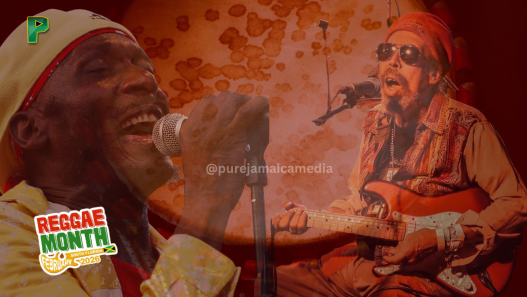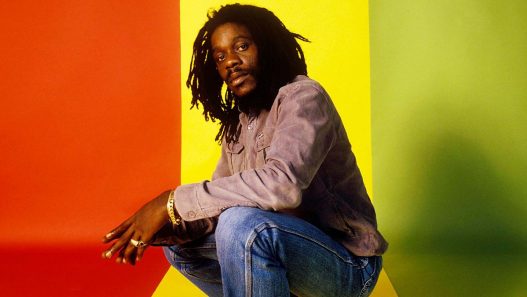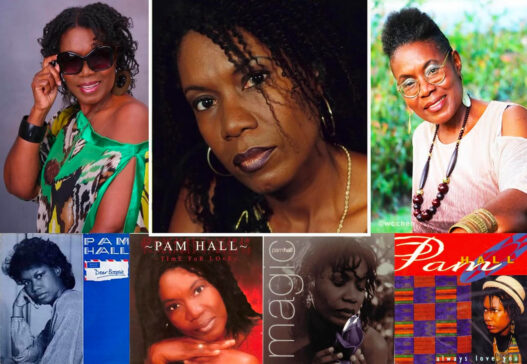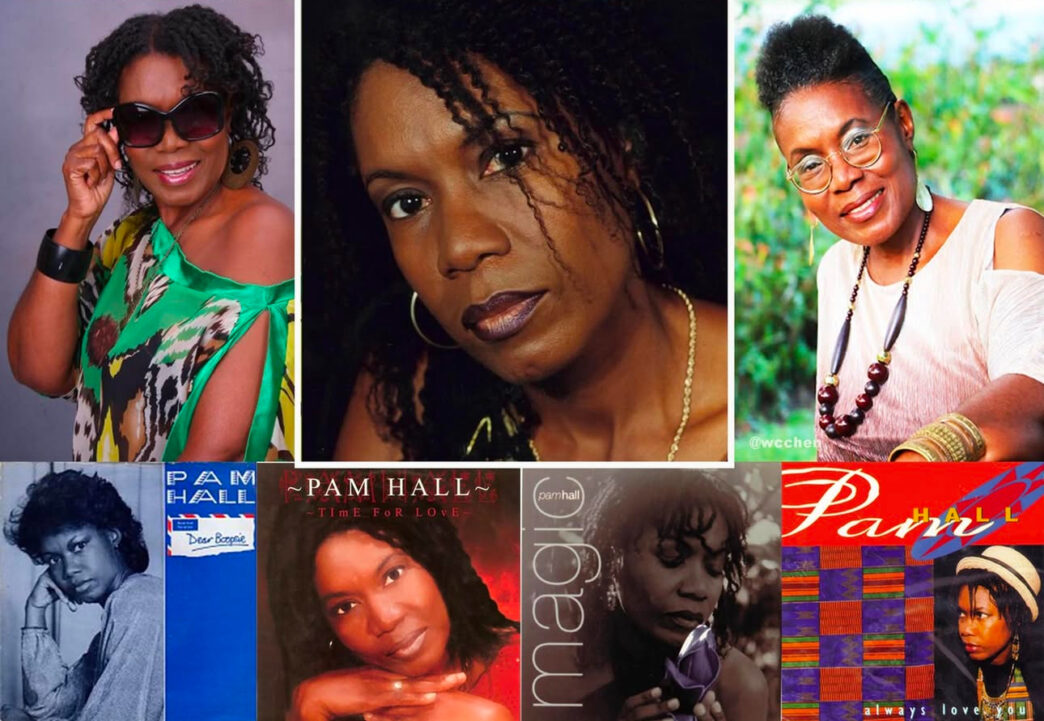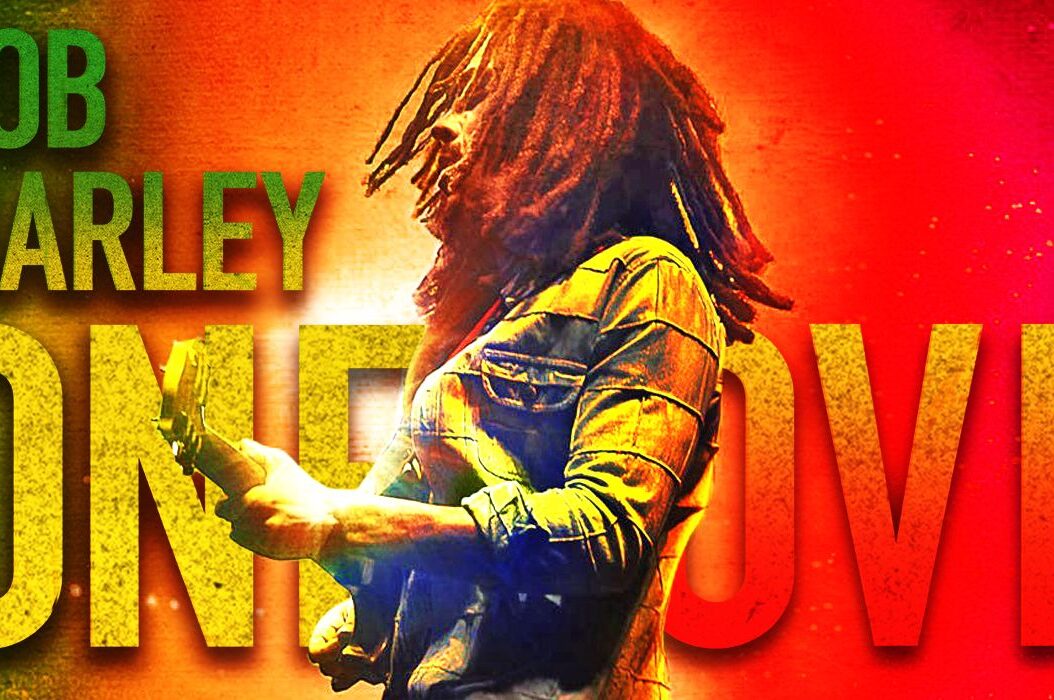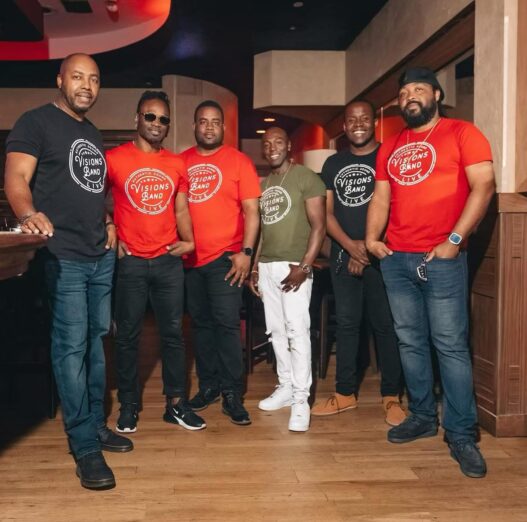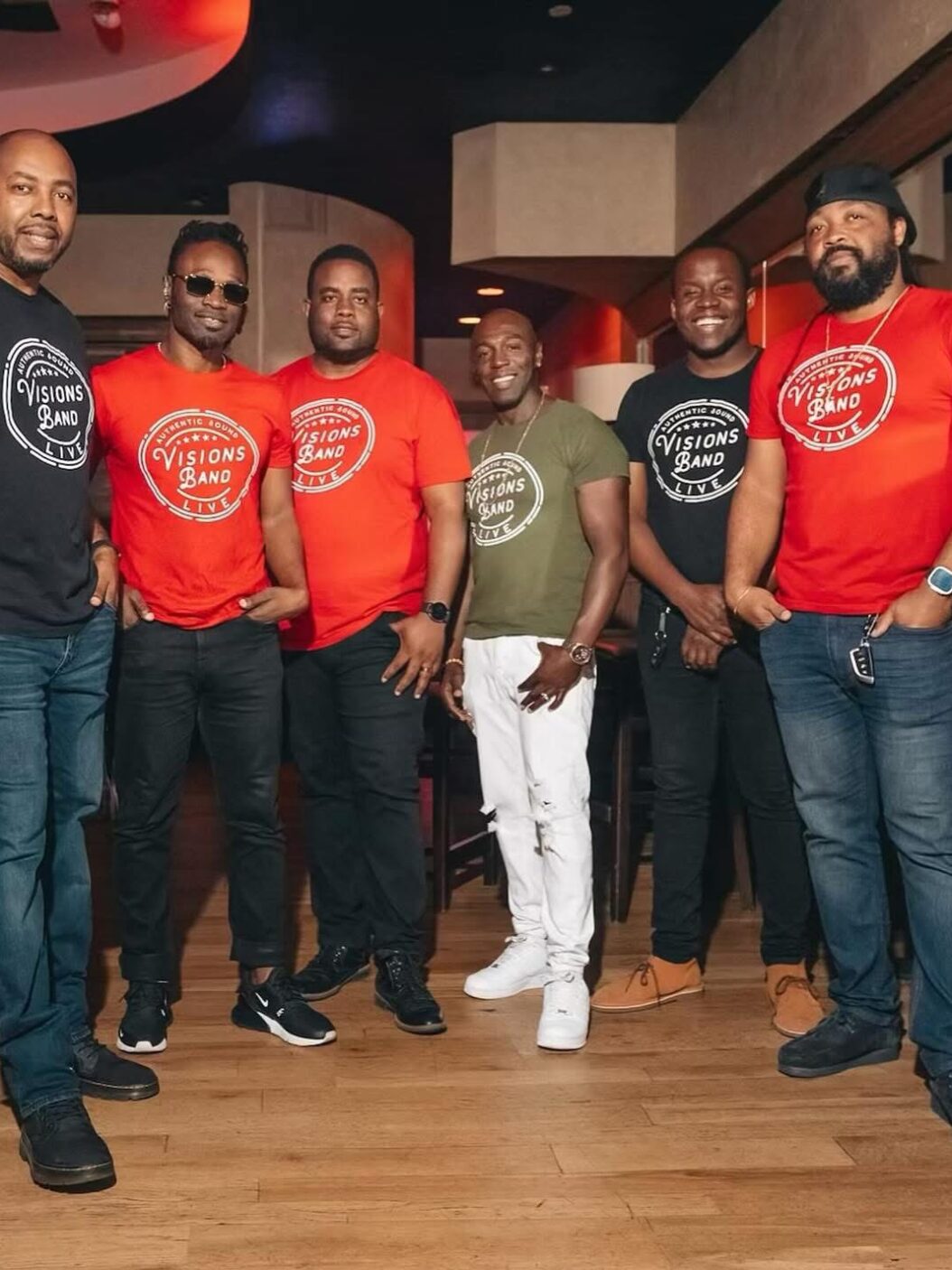Pam Hall, born on February 1, 1954, is a renowned reggae singer from Jamaica whose career began in the vibrant music scene of the 1970s. Hailing from a musically gifted family, Pam’s journey in reggae has been marked by significant achievements and collaborations that have left a lasting impact on the genre. Her siblings, Audrey Hall, Trevor Hall, and Raymond Hall, have also contributed to the rich tapestry of Jamaican music, creating a legacy that continues to resonate with fans around the world.
Early Career and Family Influence
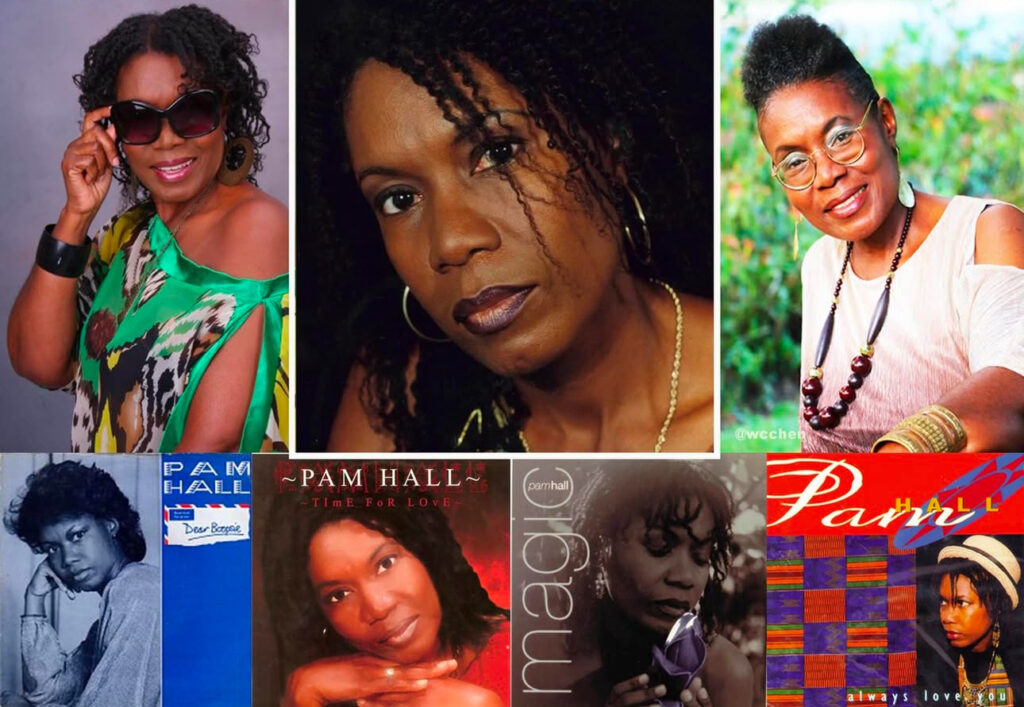
Pam Hall’s musical career was heavily influenced by her family background. With her brother Raymond, she provided backing vocals for many recording sessions, showcasing their harmonious blend and contributing to the success of numerous reggae tracks. The Hall family’s involvement in the music industry is notable, with Audrey Hall achieving crossover success in the 1980s, particularly with producer Donovan Germain.
In 1976, Pam began to carve out her niche as a solo artist with a duet alongside Tinga Stewart on the track “You Should Never Do That.” This marked the beginning of her journey toward recognition as an individual artist, setting the stage for her future successes.
Breakthrough Success
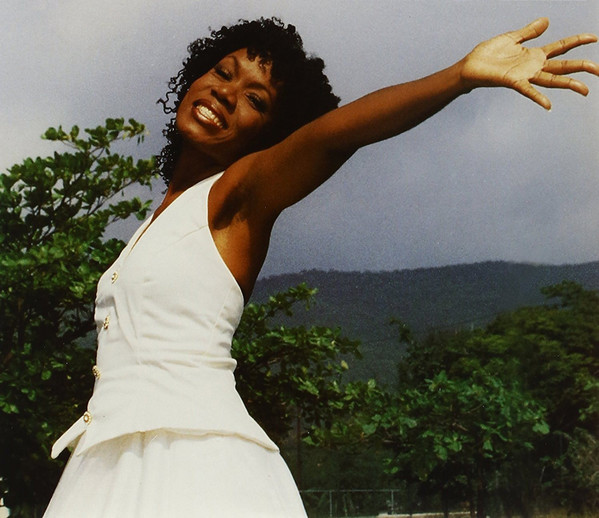
Pam’s significant breakthrough came in 1986 with the release of “Dear Boopsie.” This track not only topped the reggae charts but also made its way into the UK Top 50, spending four weeks at the lower end. The success of “Dear Boopsie” established Pam as a formidable solo artist in the reggae scene, allowing her to follow up with “How Glad I Am,” produced by Danny Browne at Music Mountain. Despite her efforts, this subsequent release did not achieve the same level of success as her previous hit.
Her debut album, titled Perfidia, took inspiration from the classic Phyllis Dillon track and showcased her vocal talents further. Throughout her career, Pam continued to support other prominent Jamaican artists, including legends like Peter Tosh, Bunny Wailer, and Dennis Brown, enriching the reggae genre with her distinct sound.
Resurgence and Continued Success
After a period of relative anonymity, Pam Hall made a notable comeback in 1994 with “Missing You Baby,” followed by a rendition of “I Will Always Love You.” Her version of this Dolly Parton classic, inspired by Whitney Houston’s success, resonated with audiences and topped the reggae charts. This success was further complemented by her hit “Young Hearts Run Free,” solidifying her status in the reggae community.
In 1995, Pam demonstrated her versatility as both a singer and DJ, collaborating with General Degree on “Lonely Days,” which later inspired a hit for Nardo Ranks. One of her most significant solo hits came in 1996 with her interpretation of Michael Jackson’s “You Are Not Alone,” which once again topped the reggae charts, showcasing her enduring appeal.
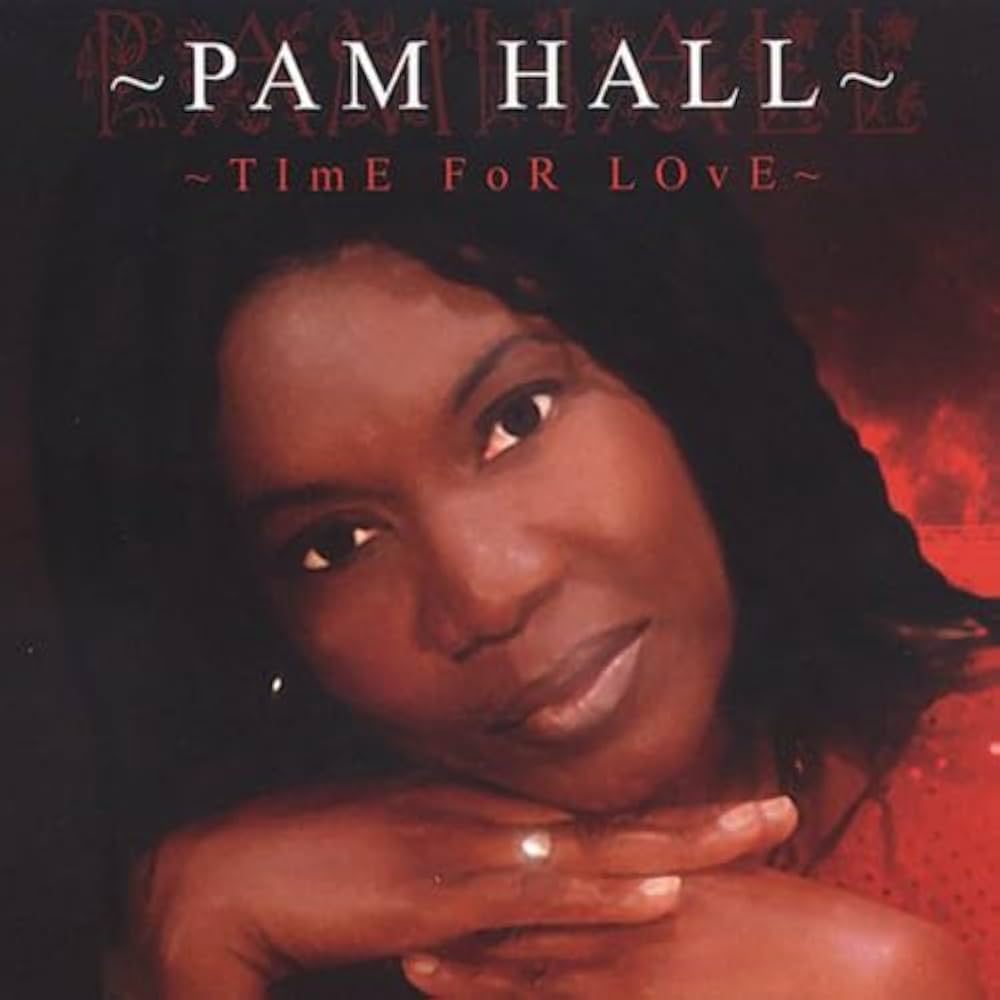
International Recognition
Pam Hall’s influence reached beyond Jamaican shores, particularly in Japan, where she embraced the growing reggae scene. In 1996, she released Magic, which included her Jamaican hits and a version of Toni Braxton’s “Unbreak My Heart.” This album was heavily promoted and marked a pivotal moment in her career, allowing her to connect with a new audience.
Pam Hall’s journey through the reggae music landscape is a testament to her talent, resilience, and the rich musical heritage of Jamaica. Her contributions to the genre, both as a solo artist and a backing vocalist, have solidified her place in reggae history. As she continues to perform and inspire, fans can look forward to what this reggae icon will bring to the stage next.
For more insights into Jamaican music and culture, visit www.purejamaicamedia.com
Frequently Asked Questions
1. What is Pam Hall known for?Pam Hall is known for her successful career as a reggae singer, both as a solo artist and a backing vocalist for prominent Jamaican musicians.
2. When did Pam Hall begin her career?Pam Hall’s career began in the 1970s when she started providing backing vocals and recording her own music.
3. What are some of Pam Hall’s hit songs?Some of her notable hits include “Dear Boopsie,” “Missing You Baby,” and her cover of “You Are Not Alone.”
4. Is Pam Hall still active in music?Yes, Pam Hall continues to perform and remains an influential figure in the reggae music scene.
5. How has Pam Hall influenced reggae music?Pam Hall has influenced reggae music through her vocal contributions, collaborations with other artists, and her ability to cross over into mainstream success.






